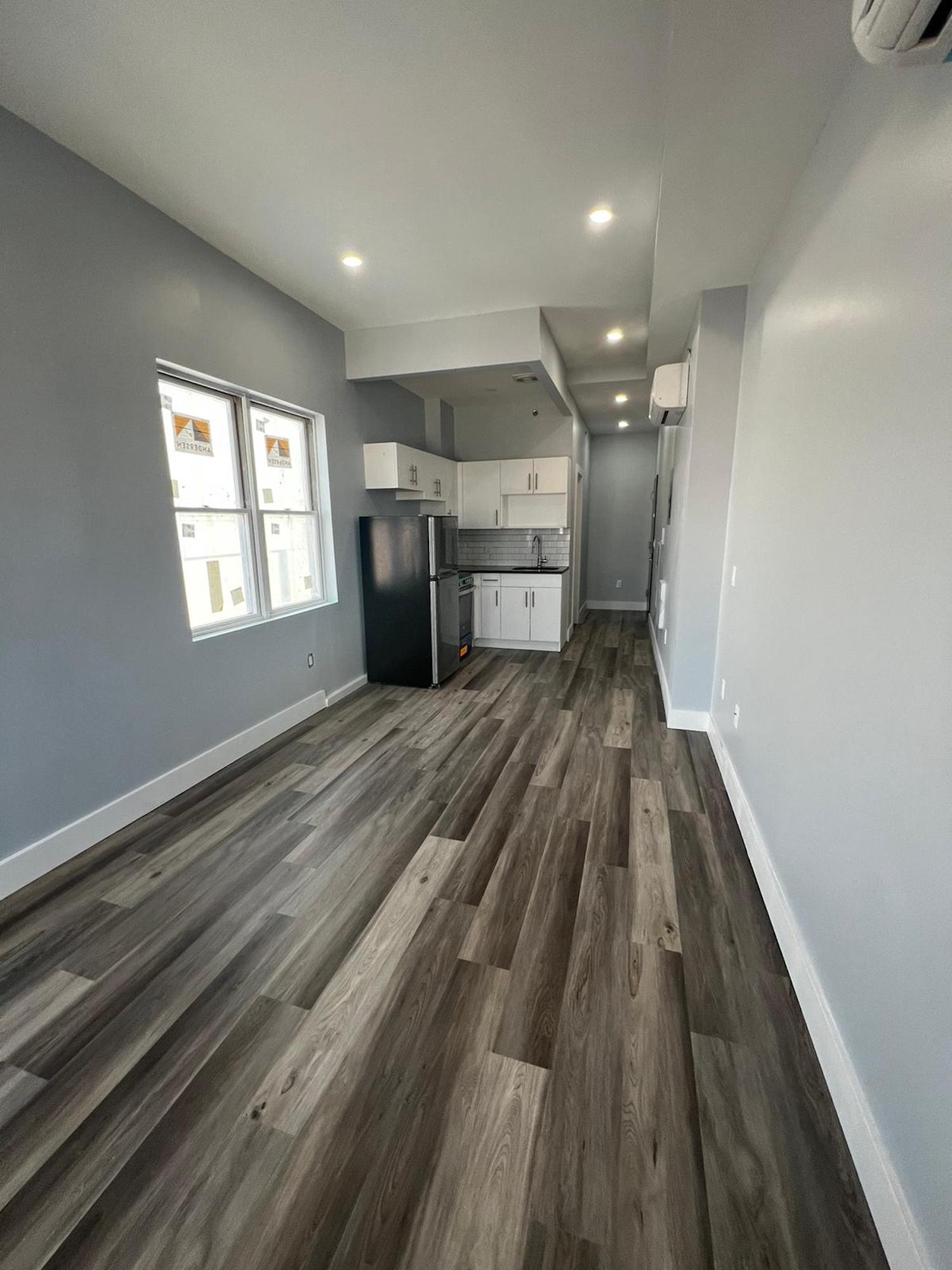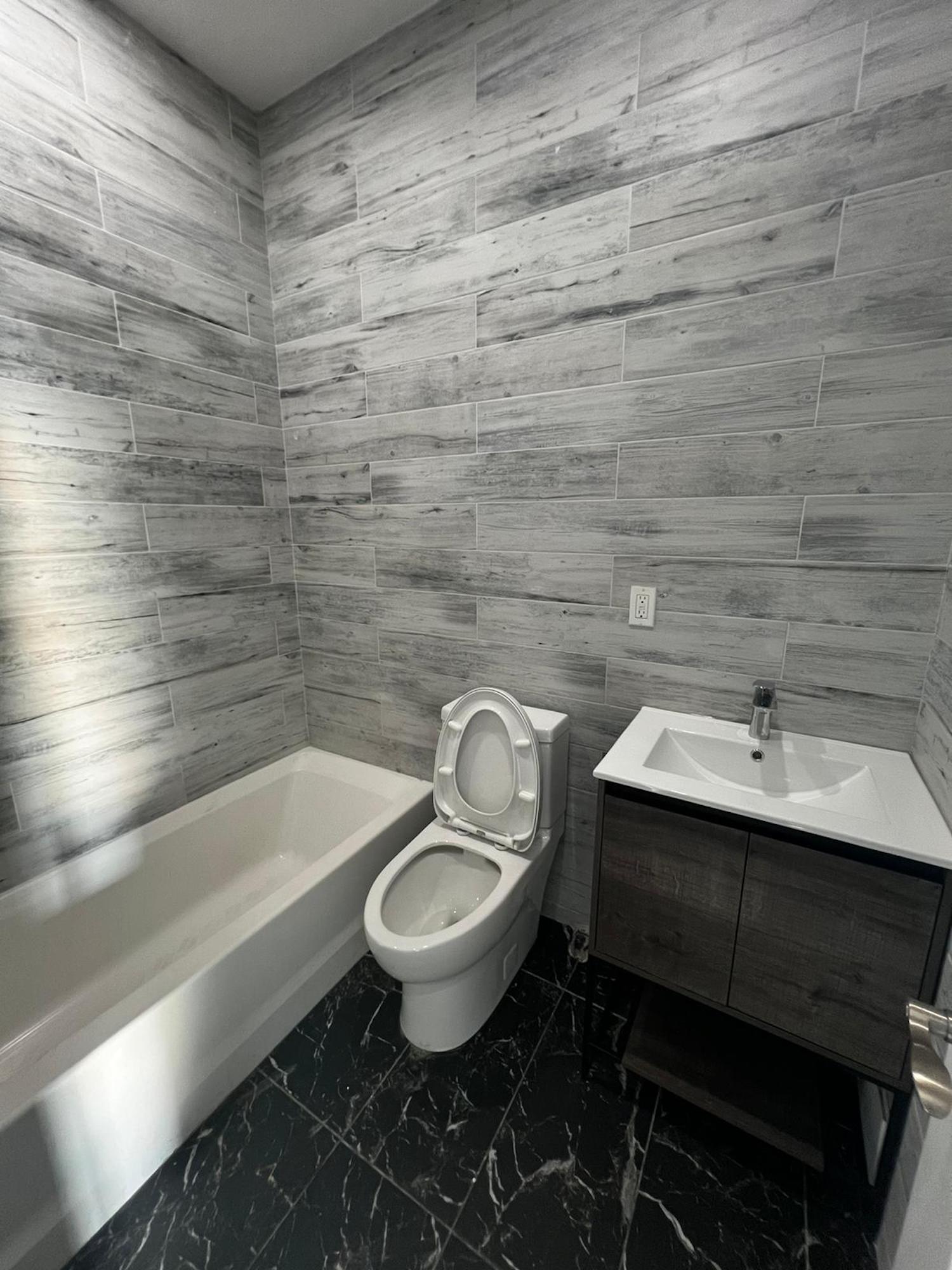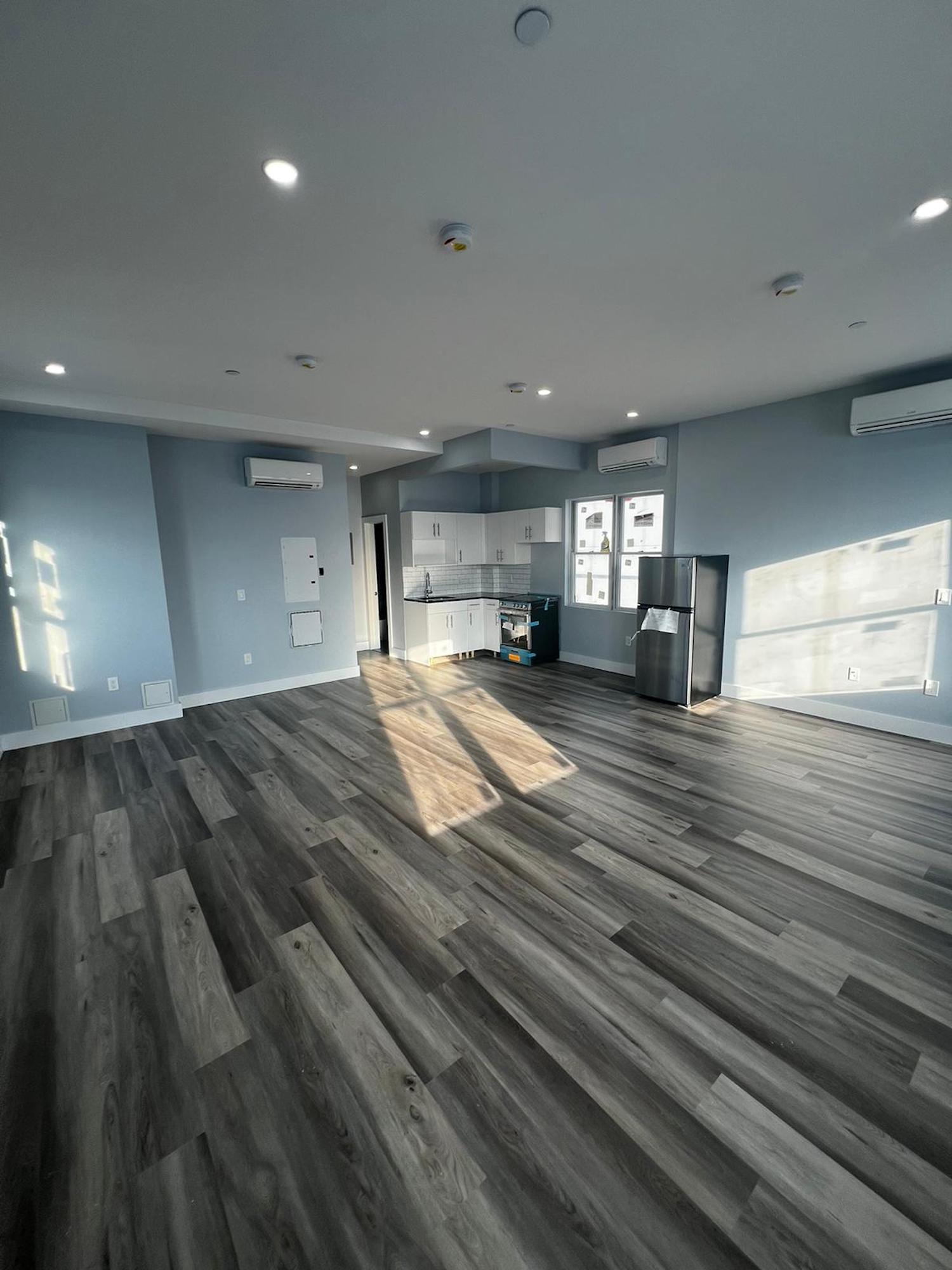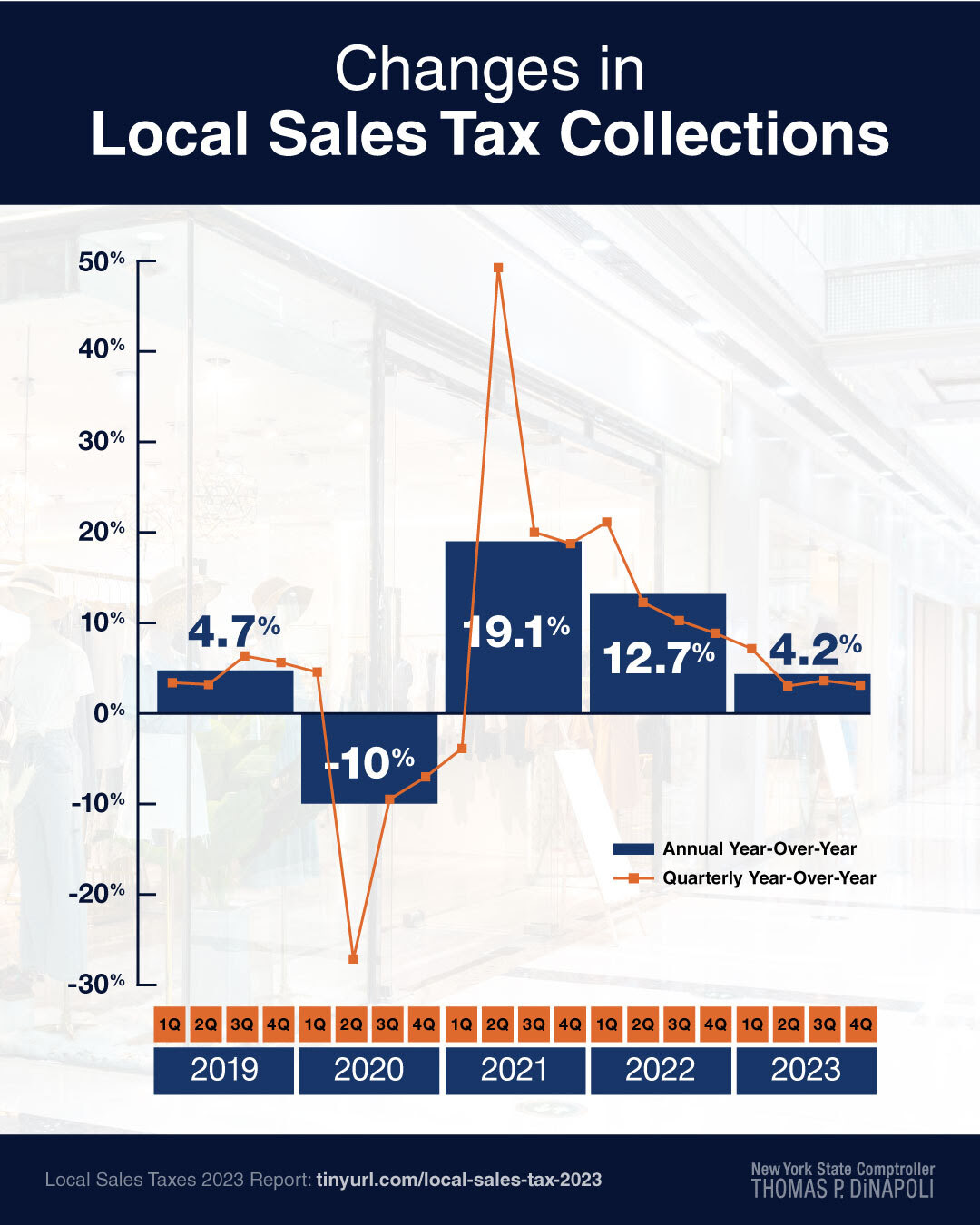
Working Group Outlines Recommended Enhanced Safety Standards for Battery Energy Storage Systems
Recommendations Include Updating Fire Code of New York State and Establishing Best Practices
Governor Kathy Hochul today released initial recommendations from the Inter-Agency Fire Safety Working Group, outlining enhanced safety standards for battery energy storage systems. The draft recommendations include potential updates to the Fire Code of New York State as well as a list of additional opportunities for defining and implementing best practices. If adopted, the changes will codify enhanced safety standards and continue to position New York as a national leader in responsible and reliable battery energy storage development. Today’s announcement follows the release of initial data that found that there were no reported injuries and no harmful levels of toxins detected following fires at battery energy storages systems in Jefferson, Orange and Suffolk Counties last summer.
“The battery energy storage industry is enabling communities across New York to transition to a clean energy future, and it is critical that we have the comprehensive safety standards in place,” Governor Hochul said. “Adopting the Working Group’s recommendations will ensure New York’s clean energy transition is done safely and responsibly.”
The 15 draft recommendations announced today are proposed by the Working Group, with guidance from nation leading subject matter experts, after completing a thorough examination of the existing Fire Code of New York State (FCNYS) and other energy storage fire safety standards. They address preventative and responsive measures as well as best practices, and include proposed requirements related to peer review of project permit application packages, emergency response planning, and local fire department training, among others. The recommendations identify ways to further improve the regulatory framework for BESS in New York, are intended to apply to lithium-ion BESS exceeding 600 kilowatt-hours (kWh). The recommendations were developed with a focus on outdoor systems, BESS in dedicated use buildings, and other grid-scale battery energy storage systems. They will be considered by the New York State Code Council (Code Council) for inclusion in the next edition of the FCNYS to help improve deployment of safety standards in the State and potentially across the country. Interested stakeholders are encouraged to submit comments on these draft recommendations to the Working Group for incorporation into the final recommendations to be submitted to the Code Council for consideration.
The public comment period is open through March 5, 2024 at 3:00 p.m. EST.
Battery energy storage systems are a critical component to achieving a reliable, zero-emissions electric grid since the storage of electricity can help balance the load on the grid during high demand or reduced generation periods. Following a series of fires at three BESS locations across New York State in the summer of 2023, Governor Hochul convened the Inter-Agency Fire Safety Working Group to address safety concerns around lithium-ion BESS. The Working Group includes State agency officials from the New York State Division of Homeland Security and Emergency Services, New York State Office of Fire Prevention and Control, New York State Energy Research and Development Authority (NYSERDA), New York State Department of Environmental Conservation, Department of Public Service and the Department of State, as well as nation-leading BESS safety industry experts with the objectives of investigating the recent failure events, inspecting current installations and identifying gaps in codes and industry best practices.
Today’s announcement builds on the progress being made by the Working Group following the release of the initial results from air, soil and water testing at the sites of the fires at the end of last year. Additionally, the Working Group is concluding negotiations with the impacted facilities’ battery manufacturers and utility companies to secure Root Cause Analysis (RCA) reports for the Warwick, East Hampton, and Chaumont fires. Subject matter experts will review and analyze the reports once they are made available.
The Working Group has also partnered with subject matter experts to inspect all operational battery systems above 300 kW in New York, which accounts for the majority of commercial battery systems in service across the State. Inspections are currently underway and are expected to be complete by the second quarter of 2024. The goal of these inspections is to revise the current evaluation checklists and best-practices available for use by New York State and others prior to energizing battery energy storage systems, and to incorporate lessons learned from the battery fires while enhancing emergency response measures.
New York State's Nation-Leading Climate Plan
New York State's climate agenda calls for an orderly and just transition that creates family-sustaining jobs, continues to foster a green economy across all sectors and ensures that at least 35 percent, with a goal of 40 percent, of the benefits of clean energy investments are directed to disadvantaged communities. Guided by some of the nation’s most aggressive climate and clean energy initiatives, New York is advancing a suite of efforts – including the New York Cap-and-Invest program (NYCI) and other complementary policies – to reduce greenhouse gas emissions 40 percent by 2030 and 85 percent by 2050 from 1990 levels. New York is also on a path to achieving a zero-emission electricity sector by 2040, including 70 percent renewable energy generation by 2030, and economywide carbon neutrality by mid-century. A cornerstone of this transition is New York's unprecedented clean energy investments, including more than $40 billion in 64 large-scale renewable and transmission projects across the State, $6.8 billion to reduce building emissions, $3.3 billion to scale up solar, nearly $3 billion for clean transportation initiatives and over $2 billion in NY Green Bank commitments. These and other investments are supporting more than 170,000 jobs in New York’s clean energy sector as of 2022 and over 3,000 percent growth in the distributed solar sector since 2011. To reduce greenhouse gas emissions and improve air quality, New York also adopted zero-emission vehicle regulations, including requiring all new passenger cars and light-duty trucks sold in the State be zero emission by 2035. Partnerships are continuing to advance New York’s climate action with more than 400 registered and more than 130 certified Climate Smart Communities, nearly 500 Clean Energy Communities, and the State’s largest community air monitoring initiative in 10 disadvantaged communities across the State to help target air pollution and combat climate change.











